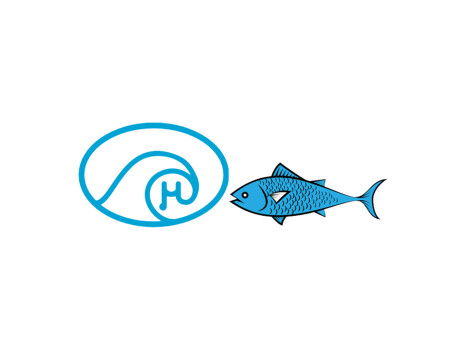MOTIVATION
The oceans are estimated to contain 95% of earth’s biodiversity, ranging from fish (fundamental food and economic sources and models in biomedical and pollution risk assessment research) to a wide range of microorganisms that sustain the planets cycles, food chains and contribute to regulate climate and animals and human health.
Their conservation and sustainable use will be only possible after understanding their biodiversity and on how are natural marine organisms and microbial communities affected by the exponential accumulation of plastics and associated anthropogenic micropollutants.
Worldwide, more than 80% of domestic and industrial effluents enter the oceans raw, accumulating pollutants such as endocrine-disrupting chemicals (EDCs) in marine ecosystems, and even in countries with good sanitation systems diverse pollutants, including pharmaceutical compounds (PhCs), are not completely removed by current wastewater treatment plants (WWTP) treatments.
OBJECTIVES AND TASKS
Research project MicroFish builds on the expertise of its team and collaborating companies and on the previous MicroWaste project to:
1) Screen for microplastics, micropollutants and microbes across seasons and environments, using real-life models WWTPs receiving domestic/hospital sewage and natural fish, waters and extensive aquaculture units at the Ria Formosa and Castro Marim protected areas in the Algarve region, using analytical chemistry and metagenomics.
2) Test if and how microplastics and selected PhCs can associate and determine their persistence or metabolization in sewage, fish and marine environments.
3) Evaluate the biological impacts of exposure to selected plastics and PhCs in the physiology of fish, other marine organisms and their natural microbes, using metagenomics and biochemical / molecular analyses
4) Engage and educate high-school students in project samplings, preparation of tools and divulgation materials as a step to increase ocean literacy, environmental awareness and protection.
TEAM:
The project joins researchers, companies and schools to study the dissemination and impact of marine micro-waste in fish physiology and the equilibria with their microbes, contribute to improve WWTP efficiencies and monitor environmental water quality, while encouraging greater literacy, awareness and environmental protection in civil society.
PARTNERS:
Águas do Algarve SA
Empresa Portuguesa Das Aguas Livres SA (SA) / Grupo Águas de Portugal
AtlantikFish
ADM-Biopolis
Escola Secundária de Loulé (profissional courses, Robotics club and Ciencia Viva club)
Agrupamento de Escolas Tomás Cabreira (profissional courses, Clube Pr’Oceano e Ciencia Viva club)
SPONSORS:
Link: https://www.fam.foundation


